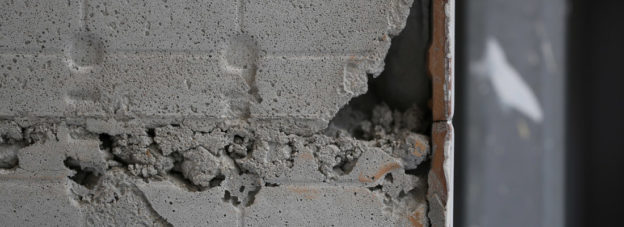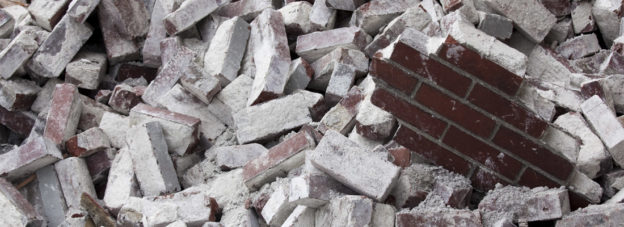In D’Allesandro v. Lennar Hingham Holdings, LLC, C.A. No. 17-cv-12567-IT, 2019 U.S. Dist. LEXIS 185874, the United States District Court for the District of Massachusetts recently discussed a case against a general contractor and its related entities, all of whom were involved in the construction of a multi-phase construction project. The court held that, in this context, completion of the “improvement” – which was the whole project, rather than each individual phase – triggered the six-year statute of repose. The court also held that the plaintiffs’ misrepresentation, breach of fiduciary duty and unfair business practices claims were not claims based on the design and construction of the improvement and, thus, were not subject to the statute of repose.






